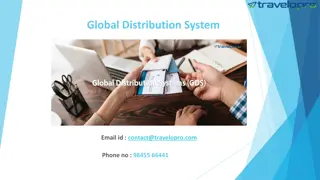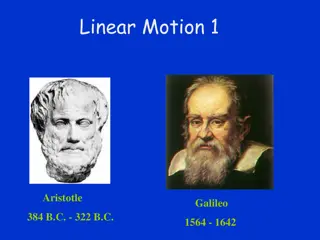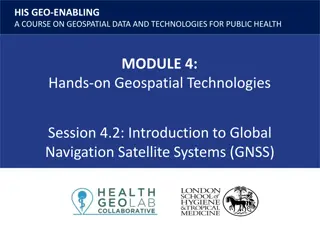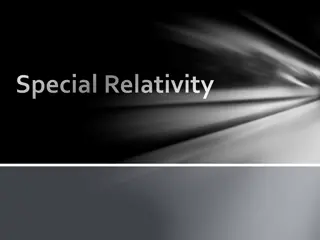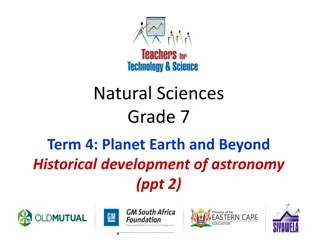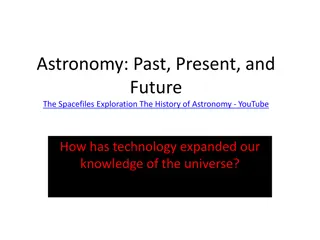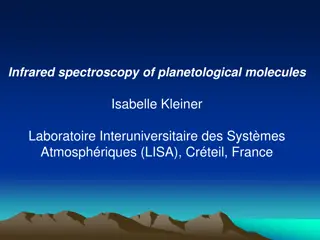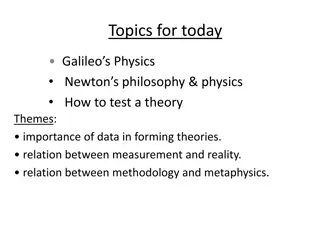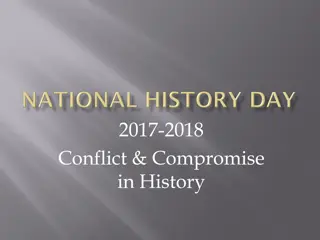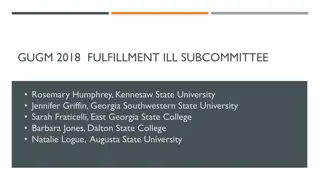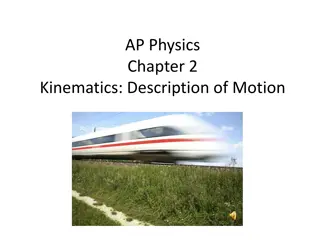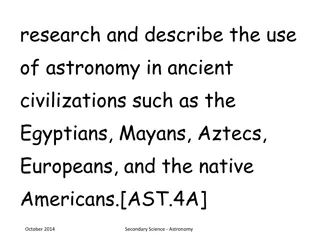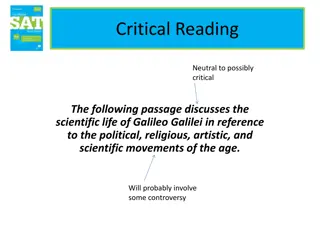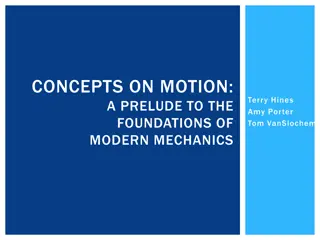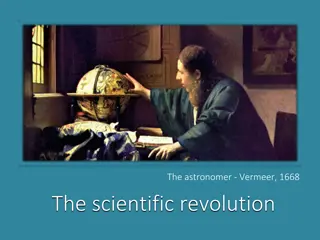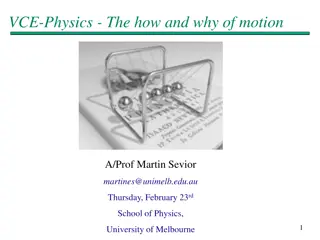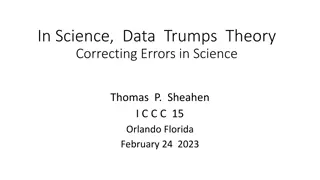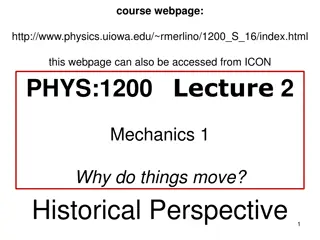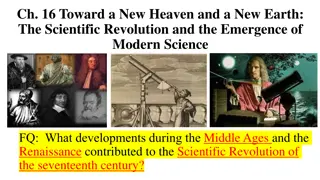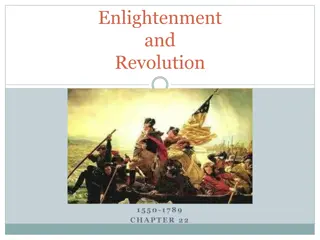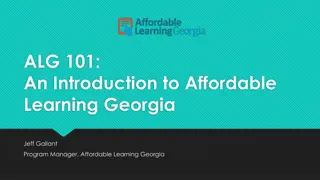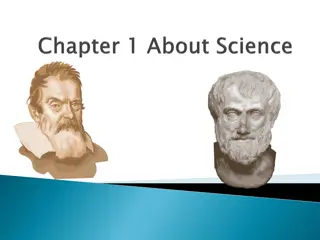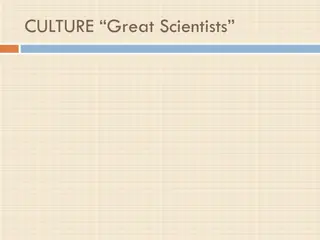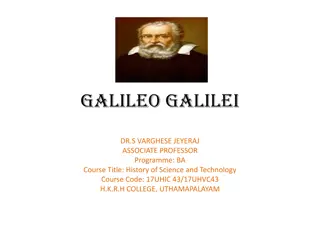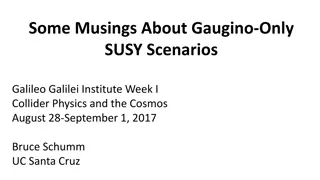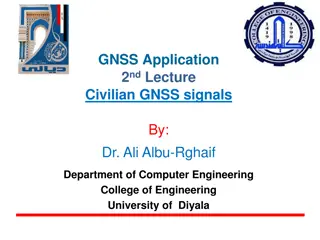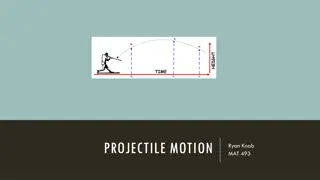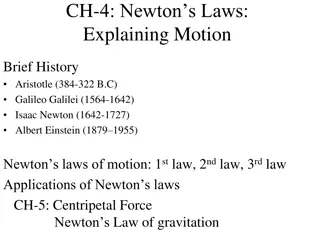Mathematicians
Explore the lives and contributions of renowned mathematicians like Pythagoras, Aristotle, Euclid, Al-Khwarizmi, Leonardo da Vinci, Galileo Galilei, De Lhopital, and Leonhard Euler. From ancient Greece to modern-day Switzerland, learn about their work in areas such as geometry, algebra, calculus, an
2 views • 10 slides
Read⚡ebook✔[PDF] Io After Galileo: A New View of Jupiter's Volcanic Moon (Sprin
\"COPY LINK HERE ; https:\/\/getpdf.readbooks.link\/3540346813\n\n[PDF READ ONLINE] Io After Galileo: A New View of Jupiter's Volcanic Moon (Springer Praxis Books) | Io After Galileo: A New View of Jupiter's Volcanic Moon (Springer Praxis Books)\n\"\n
0 views • 6 slides
Global Distribution System
Travelopro can seamlessly integrate with Global Distribution System such as Travelport (Galileo, Apollo, Worldspan), Amadeus, and Sabre, allowing you to expand your travel offerings and grow your business. The Global Distribution System (GDS) is a network\/platform that allows travel agencies and th
2 views • 14 slides
Understanding Linear Motion in Physics
Explore the concepts of linear motion in physics through the teachings of Aristotle and Galileo. Learn about scalars and vectors, distance versus displacement, examples of displacement calculations, and speed versus velocity distinctions. Engage in conceptual tests to deepen your understanding of th
0 views • 27 slides
Understanding Global Navigation Satellite Systems (GNSS) in Geospatial Data for Public Health
Explore the key terms such as accuracy, GLONASS, GPS, precision, scale, and more in this session on GNSS technology. Understand how GNSS works, the constellation of satellites involved, and the different satellite navigation systems like GPS, GLONASS, BeiDou, and Galileo that provide autonomous geo-
6 views • 23 slides
Understanding Special Relativity and Its Implications
Explore the key principles of special relativity, including Galileo's principle of relativity and Einstein's principle of relativity. Dive into concepts like length contraction, momentum and energy conservation, and the invariance of mass-energy. Witness how observers inside and outside moving frame
0 views • 18 slides
Historical Development of Astronomy in Grade 7 Natural Sciences
Explore the historical development of astronomy with renowned figures like Nicolaus Copernicus, Galileo Galilei, and Johannes Kepler. Discover key advancements in our understanding of the solar system and beyond, including the heliocentric model, telescopic observations, and planetary movement laws.
0 views • 10 slides
Evolution of Astronomy: From Ancient Civilizations to Modern Discoveries
Explore the history of astronomy from ancient Egyptian beliefs in Ra to the groundbreaking theories of Copernicus and Galileo. Witness how technology has revolutionized our understanding of the universe, leading to discoveries such as the heliocentric model and Kepler's laws of planetary motion.
0 views • 25 slides
European Deep Space Surveillance and Tracking Collaboration
EU Space Surveillance and Tracking program involves five European nations collaborating to assess and reduce risks to European spacecraft, provide early warnings for re-entries and space debris, and prevent space debris proliferation. Available deep space sensors, such as optical telescopes, are uti
1 views • 8 slides
Insights into Infrared Spectroscopy of Planetary Molecules and Space Exploration
Infrared spectroscopy plays a crucial role in studying planetary molecules like NH3, PH3, and CH3CN, aiding in planetary observations and spacecraft missions. Ground-based observatories and spacecraft like GALILEO and Cassini/Huygens provide valuable data for analyzing planetary spectra and modeling
0 views • 13 slides
Understanding Galileo's Physics and Newton's Philosophy
Explore the intersection of Galileo's terrestrial physics experiments, Galileo's physics discoveries, and Newton's philosophy and physics. From challenging Aristotelian views to introducing concepts like equivalence, inertia, and relativity, delve into the evolution of scientific thought on measurem
0 views • 22 slides
Exploring Conflict and Compromise in History Through National History Day 2018
National History Day 2018 focuses on the theme of Conflict & Compromise in History, encouraging students to delve into topics such as failed compromises leading to revolutions, the Vietnam Generation, and conflicts like the Troubles in Ireland. Through research, students will explore historical cont
0 views • 18 slides
GUGM 2018 Fulfillment ILL Subcommittee Details and Updates
Explore the structure and members of the GUGM 2018 Fulfillment ILL Subcommittee, Galileo license permissions, communication channels, ILL and Alma integration possibilities, and other related topics. Stay informed about the latest developments in interlibrary loan services and resource sharing.
0 views • 8 slides
Upcoming Assignments and Grade Improvement Reminder
With less than two weeks left in the semester, make sure to complete high-stakes assignments like Galileo Writing, Galileo Reading, and the Quarter 2 Final Exam. Take this opportunity to improve your grade by submitting any overdue or redo assignments promptly. Remember, no work will be accepted aft
0 views • 7 slides
Understanding Kinematics: Motion Description and Homework Tasks
Dive into the world of kinematics with a focus on describing motion, understanding velocity and acceleration, and solving homework tasks related to chapter 2. Explore the concepts of position, velocity, and acceleration graphs, and grasp the special case of motion with constant acceleration. The war
0 views • 53 slides
Ancient Astronomy and Modern Contributions
Explore the use of astronomy in ancient civilizations like the Egyptians, Mayans, Aztecs, Europeans, and Native Americans, along with the historical origins of constellations and their role in navigation. Delve into the contributions of scientists such as Ptolemy, Copernicus, Galileo, and more, and
0 views • 46 slides
Galileo Galilei and the Clash of Worldviews in the Renaissance Era
Galileo Galilei, born in 1564, navigated the turbulent waters of a Europe divided by cultural, religious, and political upheavals. The backdrop of the Counter-Reformation and the clash between geocentric and heliocentric astronomical theories shaped Galileo's scientific endeavors, challenging establ
0 views • 14 slides
Evolution of Motion Theories and Philosophers' Perspectives
Various historical figures like Aristotle, Hipparchus, John Philoponus, Avicenna & Avempace, William of Ockham, and John Buridan contributed to the understanding of motion theories. Concepts such as Impetus Theory and the views of different philosophers provide a rich tapestry of ideas that laid the
0 views • 24 slides
The Scientific Revolution: Advancements in Understanding the Natural World
The Scientific Revolution of the 17th and 18th centuries brought significant changes to European thought, with the development of new scientific methods and institutions like the Royal Society in London. Prominent figures such as Galileo Galilei, Johannes Kepler, and Isaac Newton played crucial role
0 views • 8 slides
Understanding Kinematics in Physics: The How and Why of Motion
Explore the fascinating world of kinematics in physics through the concept of motion, acceleration, and free-fall. From constant acceleration to projectile motion, unravel the principles behind bodies in motion. Delve into the discoveries of scientists like Galileo and experience free-fall demonstra
0 views • 21 slides
The Triumph of Data over Theory in Science
In science, data holds more significance than theory, as demonstrated through historical examples like Galileo's refutation of Aristotle and the evolution of classical mechanics. The importance of adapting theories to new data is emphasized, along with the role of computer-aided advances in overcomi
0 views • 15 slides
Evolution of Scientific Thought: From Aristotle to Newton
Explore the historical perspectives of scientific giants like Aristotle, Galileo, Tycho Brahe, Kepler, and Isaac Newton, as they revolutionized our understanding of motion and the universe. Witness the shift from ancient beliefs to modern scientific principles, culminating in Newton's groundbreaking
0 views • 23 slides
The Scientific Revolution: From Medieval Roots to Modern Discoveries
Developments in the Middle Ages and the Renaissance laid the foundation for the seventeenth-century Scientific Revolution. This transformation was influenced by advancements in ancient knowledge, close observation of nature, mathematical reasoning, and technological innovations. Figures like Coperni
0 views • 21 slides
Enlightenment and Revolution 1550-1789 Chapter 22 Overview
This chapter provides a comprehensive overview of the Enlightenment and Revolution era between 1550-1789. It covers key concepts including the Scientific Revolution, Enlightenment thinkers such as Galileo Galilei, Isaac Newton, John Locke, Voltaire, and more. The vocabulary section introduces terms
0 views • 32 slides
Rotary Transforming Power Across Rotary Interfaces
Rotary transformers are essential for transferring signals and power across rotary interfaces, replacing slip rings with more reliability. Used in scientific instruments, antennas, and spacecraft configurations like spin-stabilized crafts. The Galileo spacecraft successfully utilized rotary transfor
0 views • 14 slides
Promoting Textbook Affordability Through Open Educational Resources
Affordable Learning Georgia, led by Program Manager Jeff Gallant, has been at the forefront of addressing rising textbook costs since 2004. Initiatives include the development of open textbooks, faculty training on open educational resources, and collaboration with institutions like GALILEO to promo
0 views • 17 slides
Evolution of Scientific Thought and the Scientific Method
Explore the evolution of scientific theories and methodologies through the works of influential figures like Aristotle, Copernicus, Galileo Galilei, and Francis Bacon. From the geocentric beliefs of Aristotle to the heliocentric model proposed by Copernicus, witness the shift in paradigms and the em
0 views • 14 slides
Great Scientists Who Shaped Our World
Discover the remarkable contributions of renowned scientists like Galileo, Louis Pasteur, Karl Landsteiner, Francis Crick, James Watson, and Jane Goodall. From revolutionizing astronomy to groundbreaking discoveries in microbiology and genetics, these brilliant minds have left a lasting impact on me
0 views • 8 slides
Exploring the Life and Contributions of Galileo Galilei
This presentation delves into the remarkable life and achievements of Galileo Galilei, an Italian astronomer, physicist, and mathematician who revolutionized the scientific world during the seventeenth century. Galileo's groundbreaking observations, inventions such as the telescope and thermometer,
0 views • 10 slides
Gaugino-Only SUSY Scenarios at Galileo Galilei Institute
Musings on Gaugino-Only SUSY scenarios focusing on gaugino/higgsino states, gaugino production, two-step scenarios, recent reports, and single multiplet scenarios. Discusses different particle accountings, production cross sections, and exploration by experiments like ATLAS and CMS.
0 views • 14 slides
Civilian GNSS Signals Overview: GPS, GLONASS, Galileo
An insightful lecture on civilian GNSS signals by Dr. Ali Albu-Rghaif covers GPS, GLONASS, and Galileo signals. The content delves into GPS signal modulation, generation, receiving, and demodulation processes, highlighting the carrier wave, navigation data, and spreading sequences. It also discusses
0 views • 20 slides
Understanding Projectile Motion in Physics
Projectile motion is the motion of an object near the Earth's surface influenced by gravity. This concept has a historical background from Aristotle to Galileo and Newton, with forces like gravity and air resistance playing crucial roles. Models with and without air resistance are discussed, leading
0 views • 19 slides
Evolution of Motion Theories: Aristotle to Einstein
Explore the progression of motion theories from Aristotle's belief in a force for motion to Galileo's discoveries on gravity, Newton's laws of motion, and Einstein's theories of relativity and quantum mechanics. Discover how our understanding of motion has evolved over the centuries, shaping the way
0 views • 20 slides

![Read⚡ebook✔[PDF] Io After Galileo: A New View of Jupiter's Volcanic Moon (Sprin](/thumb/21612/read-ebook-pdf-io-after-galileo-a-new-view-of-jupiter-s-volcanic-moon-sprin.jpg)
